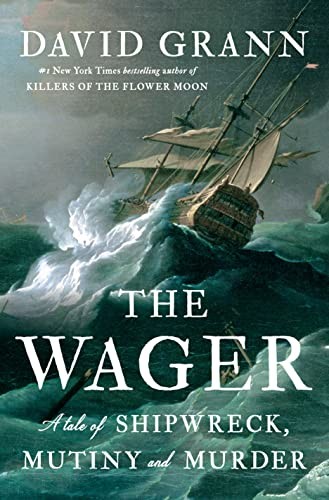Olfred a publié une critique de Les naufragés du Wager par David Grann
Trop mal écrit, illisible
2 étoiles
Ce livre m'est tombé des mains au bout de quelques chapitres. C'est un roman non-fictionnel, a priori assez bien documenté, mais c'est tellement mal écrit que j'ai renoncé. Beaucoup de répétitions, de paragraphes peu clairs. On dirait aussi que le traducteur a lui aussi renoncé face à la difficulté d'une si mauvaise écriture.
Jolie édition par les Éditions du sous-sol, je ne connaissais pas. Il y a des cartes, ce qui me semble capital pour une histoire navalel, mais beaucoup d'autres éditeurs n'auraient pas fait cet effort. Bonne surprise, une carte géante est présente, au format A2 dépliée, mais malheureusement je l'ai trouvé trop peu détaillée et pas très jolie. Dommage, j'aurais aimé l'afficher.
Ce livre m'est tombé des mains au bout de quelques chapitres. C'est un roman non-fictionnel, a priori assez bien documenté, mais c'est tellement mal écrit que j'ai renoncé. Beaucoup de répétitions, de paragraphes peu clairs. On dirait aussi que le traducteur a lui aussi renoncé face à la difficulté d'une si mauvaise écriture.
Jolie édition par les Éditions du sous-sol, je ne connaissais pas. Il y a des cartes, ce qui me semble capital pour une histoire navalel, mais beaucoup d'autres éditeurs n'auraient pas fait cet effort. Bonne surprise, une carte géante est présente, au format A2 dépliée, mais malheureusement je l'ai trouvé trop peu détaillée et pas très jolie. Dommage, j'aurais aimé l'afficher.

